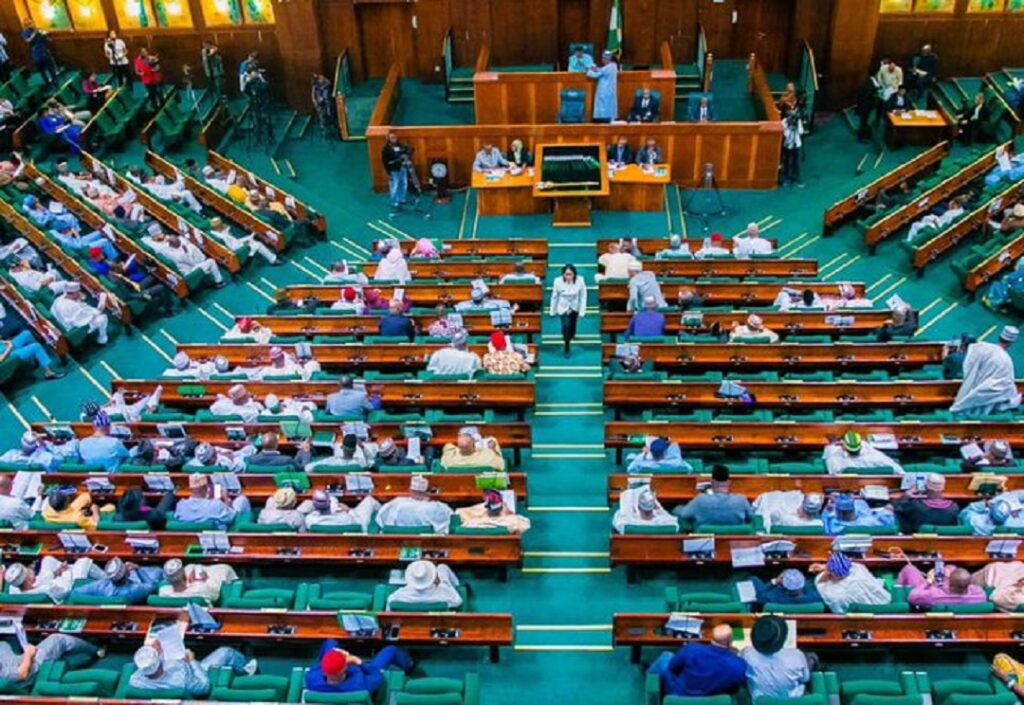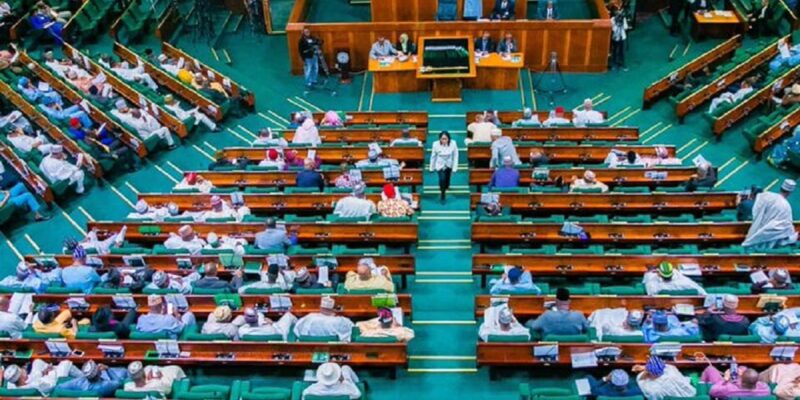
The Nigerian House of Representatives has advanced a significant environmental and economic reform bill aimed at curbing gas flaring in the country. Sponsored by Hon. Babajimi Benson, representing Ikorodu Federal Constituency of Lagos State, the “Anti-Gas Flaring (Prohibition and Enforcement) Bill, 2024” passed its second reading on Thursday.
The proposed legislation seeks to ban the flaring and venting of natural gas, except under strictly regulated circumstances, while promoting gas utilization to drive economic growth and energy generation. It establishes a robust framework for enforcement, including monitoring mechanisms and stringent penalties for violators.
Leading the debate on the bill, Hon. Benson highlighted the detrimental effects of gas flaring on Nigeria’s environment, public health, and economy. He noted that the decades-long practice has caused significant environmental degradation, public health crises, and economic losses, while contributing to global warming and climate change. The bill, he said, aligns Nigeria’s oil and gas industry with international environmental commitments, such as the Paris Agreement.
“Gas flaring has plagued Nigeria for decades, leading to greenhouse gas emissions, acid rain, and severe environmental damage,” Benson said. “The pollutants also pose serious health risks, causing respiratory and cardiovascular diseases in communities near flaring sites.”
Economically, Benson pointed out, gas flaring wastes valuable natural resources that could be harnessed for energy generation or exported to generate revenue.
The bill prohibits gas flaring, except in emergencies or when explicitly authorized by the Nigerian Upstream Petroleum Regulatory Commission (NUPRC). Operators are required to submit and implement Gas Utilization Plans, detailing strategies for capturing, processing, or commercializing gas that would otherwise be flared.
To ensure compliance, offenders face fines of $5 per 1,000 standard cubic feet of gas flared, with repeat violations potentially resulting in suspension of operations. Additionally, communities affected by flaring are entitled to compensation and environmental restoration, creating a mechanism for redress.
Transparency and accountability are central to the enforcement framework. Operators must regularly report flaring incidents, which will be audited and made publicly available by the NUPRC. This approach fosters public oversight and stakeholder engagement.
The bill is expected to yield far-reaching benefits. Environmentally, it will reduce carbon emissions, contributing to Nigeria’s climate goals while unlocking the potential of natural gas as an energy resource. It also aims to enhance electricity generation, support industrialization, and create jobs.
Benson emphasized the public health benefits, noting that reduced flaring would limit air pollution and associated health risks for affected communities.
Drawing inspiration from international examples, Benson cited Norway’s zero-flaring policy, which has protected the environment while maximizing revenue from gas resources. “Nigeria’s adoption of this bill positions the country to emulate such success, balancing environmental stewardship and economic development,” he stated.
The bill tasks the NUPRC with monitoring compliance through regular audits, enforcing penalties, and collaborating on gas utilization projects with operators and development partners. The Ministry of Environment and other relevant agencies will support these efforts, particularly in assessing environmental impacts and ensuring remediation.
Describing the legislation as both timely and forward-looking, Benson concluded: “The Anti-Gas Flaring (Prohibition and Enforcement) Bill, 2024, addresses one of Nigeria’s most pressing environmental challenges, laying the groundwork for a sustainable future while tackling immediate concerns.”

Comments